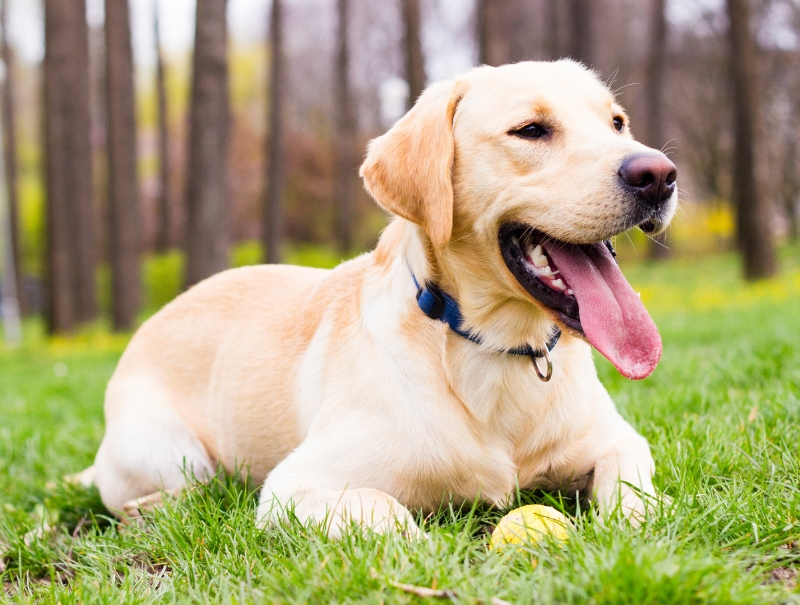FAQs
Answers to some of your most common questions:
Where are you located?
Both our main clinic and our cat clinic are conveniently located near the corner of W. El Camino Real and Mary Avenue, on the south side of El Camino. If you are facing our main hospital, our neighbors are Larry Hopkins Honda to the right and Cranberry Hill Mercantile to the left. Our cat hospital is just to the left of Cranberry Hill.
Do I need to make an appointment?
Appointments are preferred so that our clients can be seen in a timely and efficient manner. We do understand that emergencies do occur, and you are welcome to bring your pet in any time during our normal business hours. However, an emergency fee may be charged if there is not an appointment time open.
How can I make an appointment?
There are several ways to make an appointment. You can call us at (408) 736-8296 during our regular business hours or you can leave a message after hours and we will return your call promptly. You can also submit an appointment request online, and we will get back to you within 24 hours. If you need a same-day or emergency appointment, please call us.
Can I use an online or local pharmacy?
Yes, you may use our online pharmacy, or we will gladly write you a prescription to use at the pharmacy of your choice. If you choose another pharmacy, for your pet’s protection, please make sure it is VIPPS Certified and licensed in the state of California. However, it may be worth comparing prices: in our last comparison, our in-clinic price for Frontline Plus (a non-prescription flea preventive) in the most popular size for dogs was less per dose than 1-800-PET-MEDS. We can also mail items directly to you for a small fee (around $7 for USPS Priority Mail). Plus, if you buy your prescriptions and over-the-counter medications from us or our online pharmacy, you will know that you are getting the authentic product straight from the manufacturer. Many manufacturers will not guarantee their products if they are not sold through veterinarians.
What forms of payment do you accept?
We accept cash, checks, Visa, Mastercard, Discover, and American Express. We also accept CareCredit, which is a healthcare financing credit card. You can apply in our office, or online at www.carecredit.com.
Can I make payments?
Payment is required at the time of service. For your convenience, we accept a variety of payment options (see the previous question).
Surgery
What should I do to get my pet ready for surgery?
For dogs and cats, please make sure that they don’t eat past 10 pm the night before the surgery. Water is okay. Also, make sure your dog or cat does not exercise more than usual in the days before surgery. For all other animals, such as rabbits, small mammals, and reptiles, please feed as you normally would.
How will you keep my pet safe under anesthesia?
We have many policies and protocols in place to ensure your pet’s safety during surgery. We have invested in state-of-the-art surgical monitoring equipment. Our experienced staff includes Registered Veterinary Technicians. These highly trained licensed professionals ensure the safety of your pet during the surgical procedure by closely monitoring anesthesia and assisting the surgeon. We only use Sevoflurane anesthetic, which we believe is the safest gas anesthetic available, and which allows our patients to wake up more quickly and comfortably. Each dental and surgical patient receives: A comprehensive pre-operative examination by a veterinarian IV catheter and fluids Pulse oximetry, CO2, blood pressure, temperature, and EKG monitoring A dedicated staff member before, during, and after surgery to monitor your pet's body temperature maintenance through a patient warming system (Bair Hugger forced-air warming system or Hot Dog warmer) Sevoflurane anesthesia for all dental and major procedures Antibiotic injection Pain-reducing medication injection, if necessary
Why does my pet need a pre-anesthetic blood panel?
Pre-anesthetic blood testing is important before anesthesia to make sure that the liver and kidneys can handle the anesthetic. Many animals can seem healthy but have a previously undetected kidney or liver problem which could cause problems during surgery. Knowing about these problems ahead of time allows the doctor to customize the surgery or anesthesia protocol for that particular patient, or to postpone surgery until the underlying kidney or liver problem is addressed.
What happens after surgery?
We will monitor your pet until he or she is fully awake. If there are sutures (stitches) we will usually put an e-collar on your pet so that he or she can’t lick or chew the sutures. Often we will send oral pain medications home with your pet. We will give you specific Discharge Instructions; please follow these. If you have any questions, please call us.
When can my pet go back to his/her regular activities?
This depends on the type of surgery, and you will be given discharge instructions which will give you more details. If there are stitches, we will ask you to bring your pet back to have them removed, 10-14 days after the surgery.

